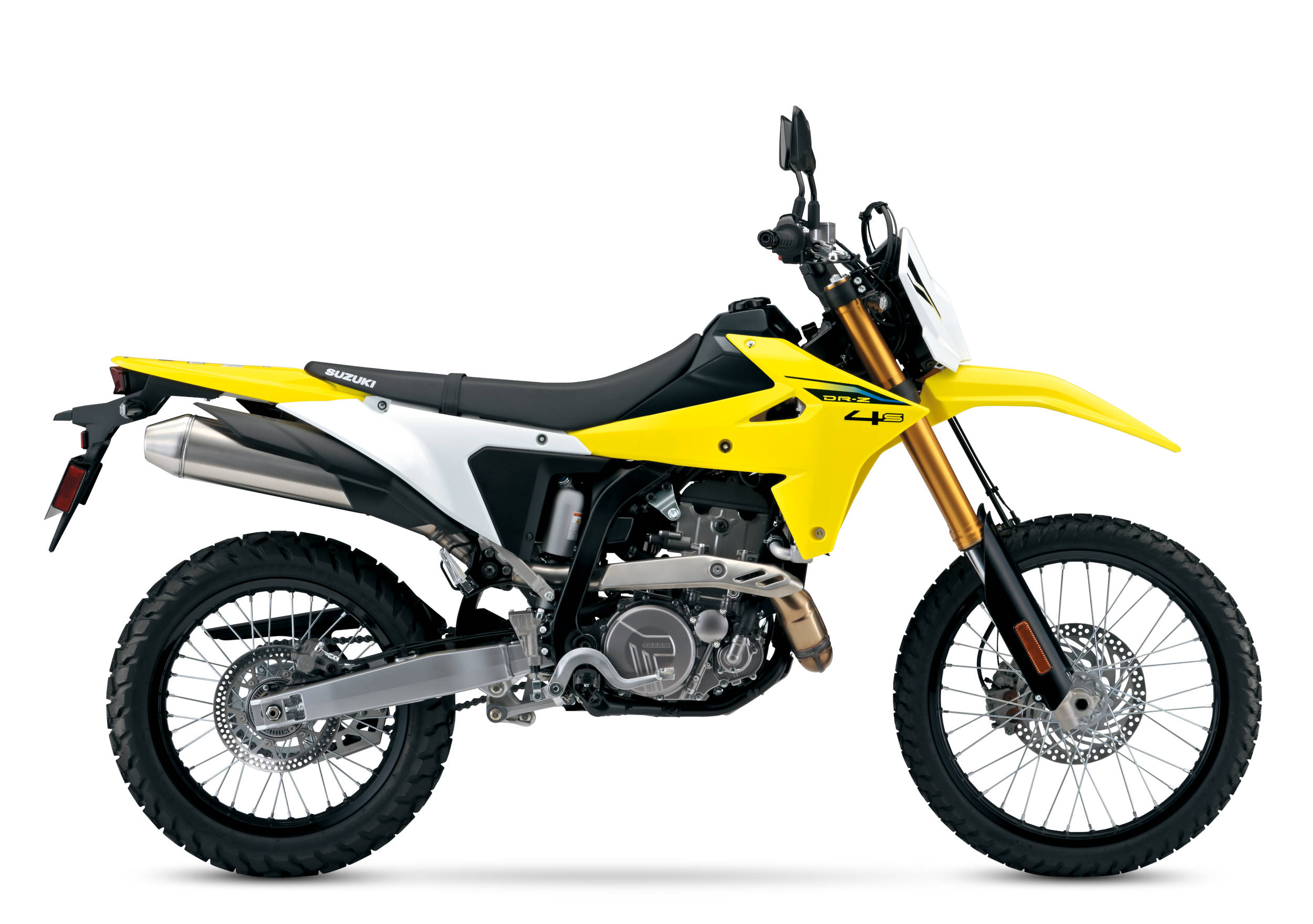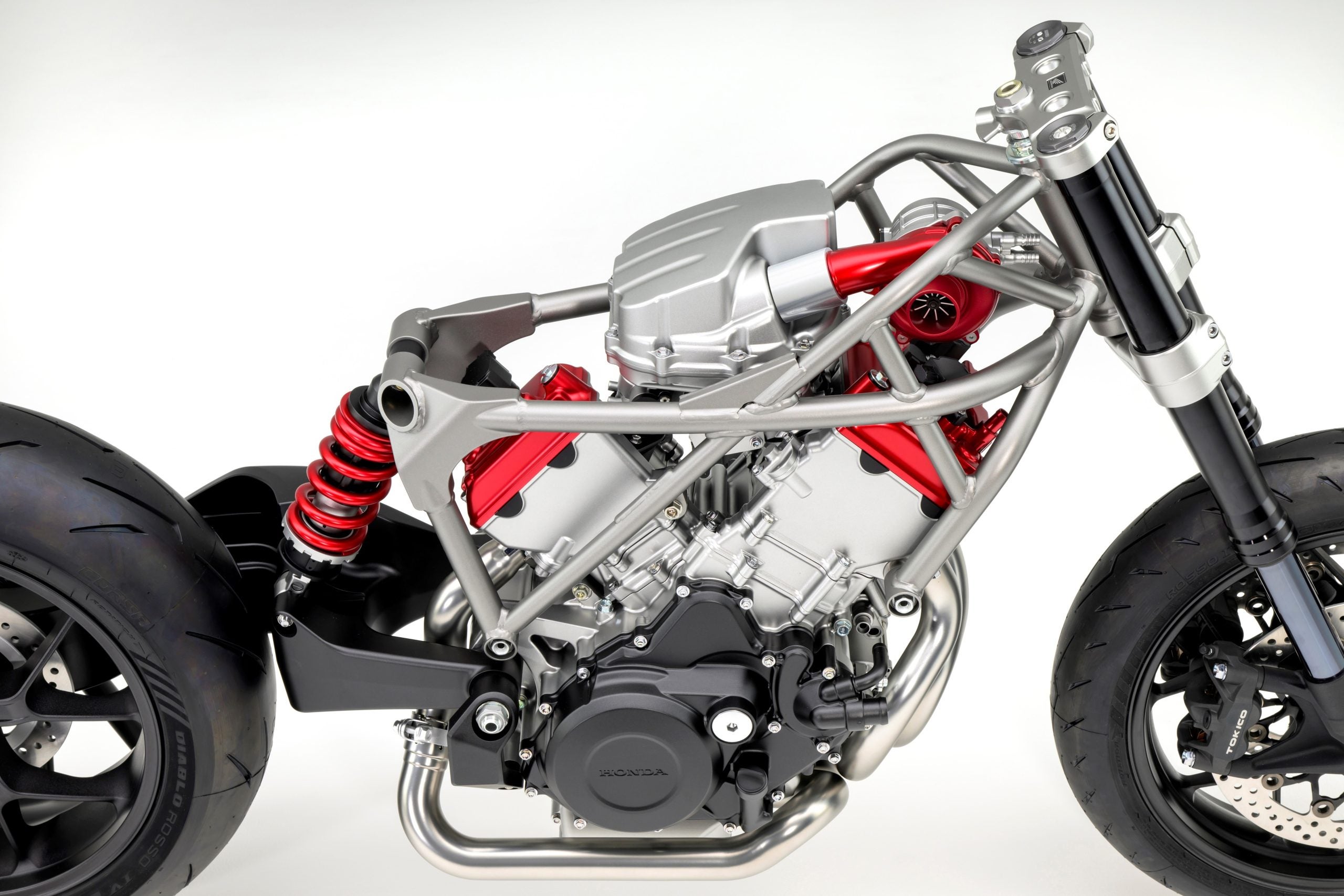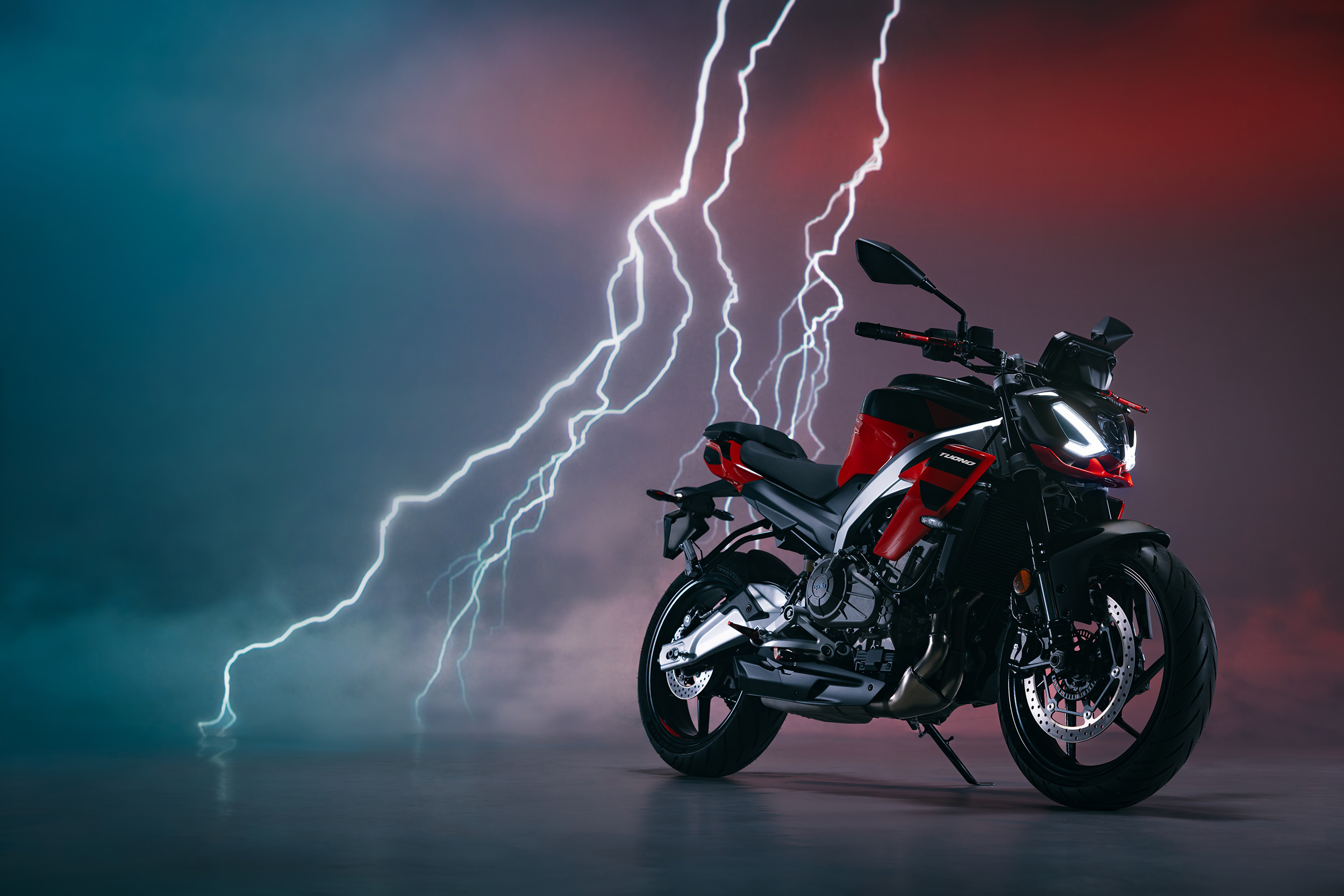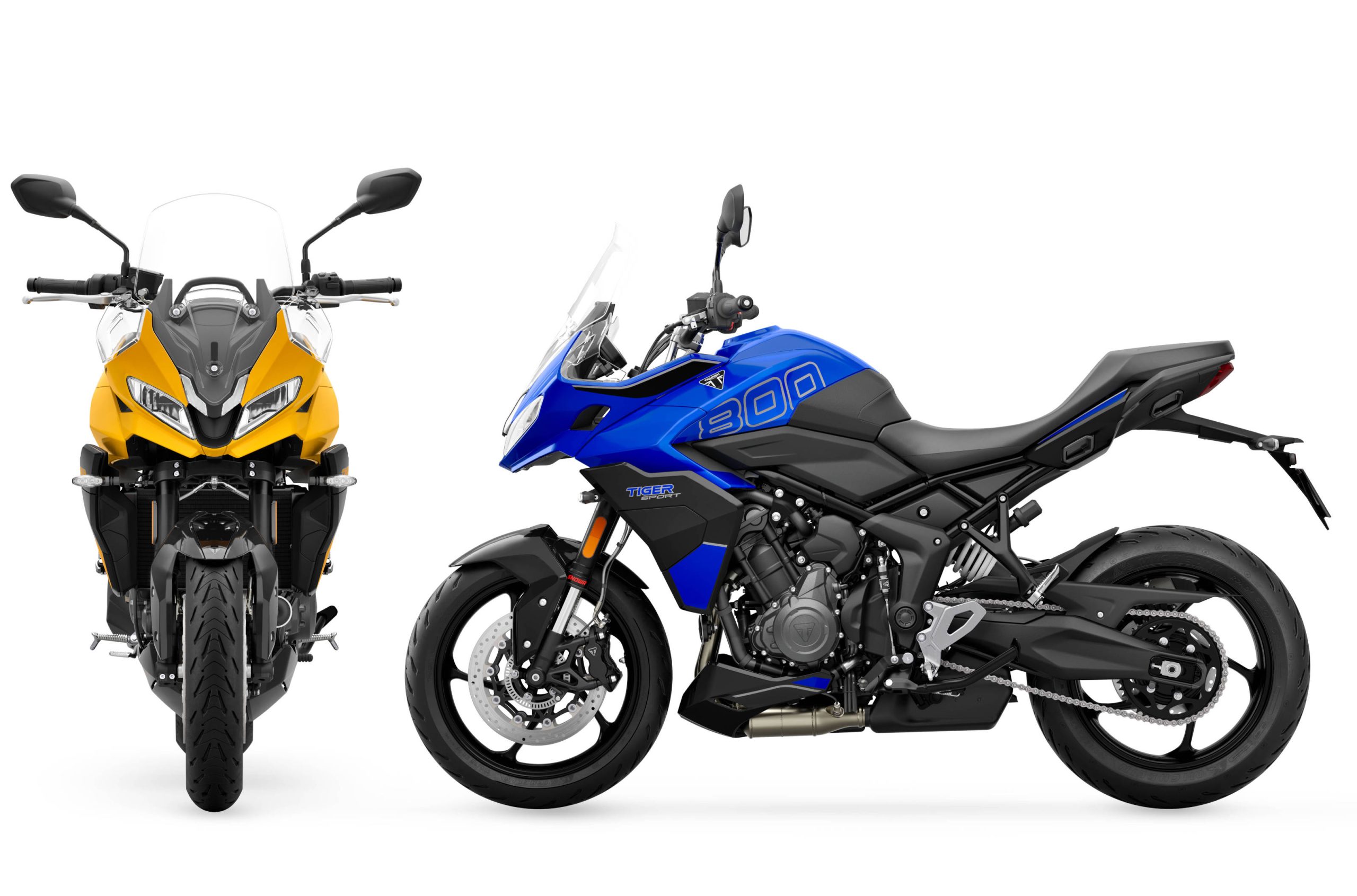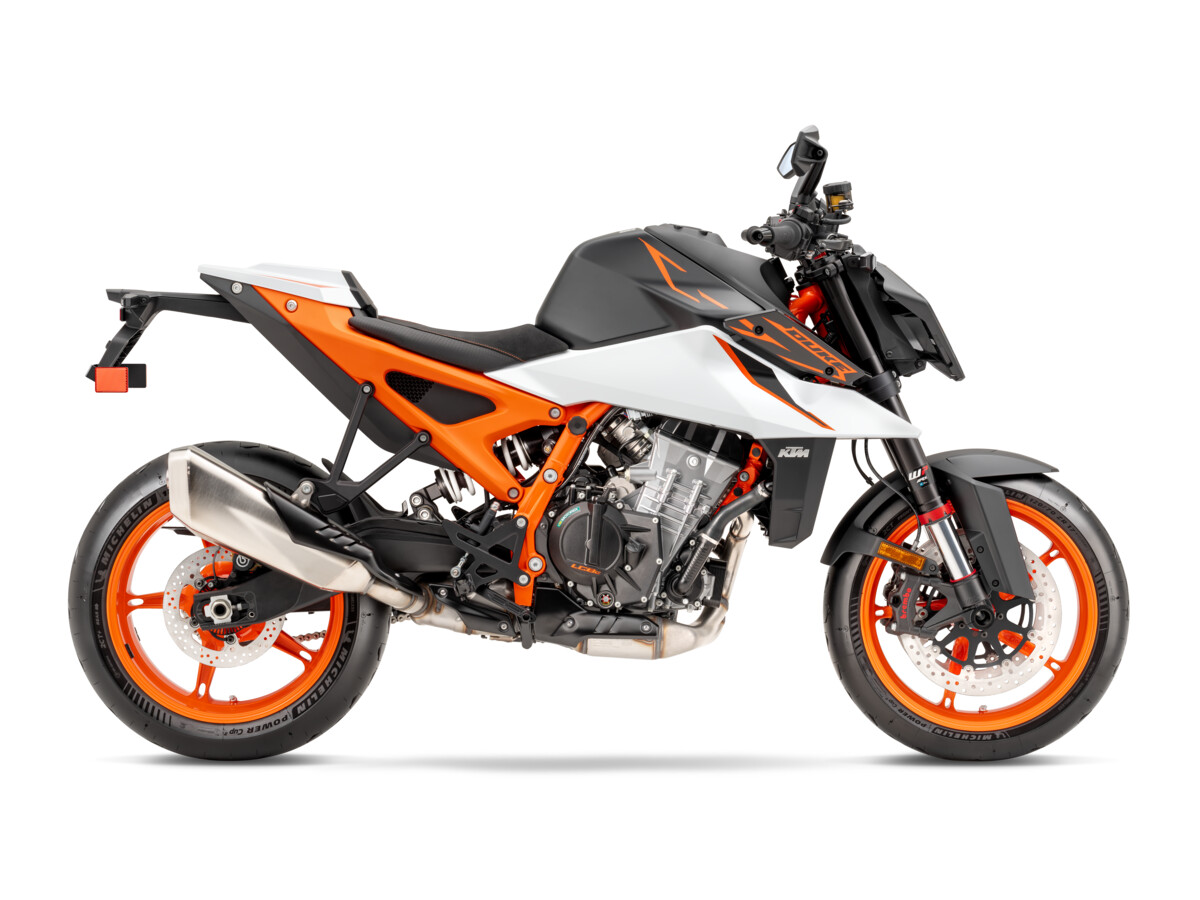“Don’t use them front brakes, son,” is what Beaumont, Texas’ Daryl L. James’ daddy must have said to him when he was a tot. That sparked a chain of events that ended July 30 with a court filing, with James suing his motorcycle shop for negligence when he was “forced to utilize the front brakes,” according to the lawsuit.
Information is scanty. Apparently, James dropped off his 2005 Kawasaki Vulcan 2000 to have the rear tire repaired or replaced. He paid for the work and rode out of the parking lot to merge onto I-10 North’s frontage road. When he attempted to stop before turning onto the road, he discovered the rear brake didn’t work (we’re guessing because the mechanic didn’t pump the brake pedal after he re-installed the rear wheel), so he was “forced” to use that most dangerous of instrumentalities, the front brake. Really, Daryl? The Vulcan 2K has excellent front brakes: dual four-piston calipers and 300mm discs, but they’re hardly roadracer sensitive. Anyway, he must have grabbed that front brake, because the bike allegedly overturned and James went down, suffering “physical pain, suffering, physical impairment, loss of earnings, disfigurement and mental anguish,” according to the lawsuit.
James’ circumstances highlight the need for basic motorcycle training, which is now mandatory in Texas. The Motorcycle Safety Foundation’s Basic RiderCourse teaches two basic skills that might have had James avoid this tragedy. First, doing a basic function check-including brakes-is crucial before each ride. Second, the BRC shows riders how to use both brakes, every time they stop and slow, dispelling any lingering ideas of the front brakes being inherently dangerous. Used properly, they’re roughly 70 percent of a motorcycle’s stopping power, and are there to prevent-not cause-physical pain, anguish, and all those other expensive damages James is claiming.
MD Readers Respond:
- While I understand your point of view on this topic, I have a different perspective. I agree that not using the front brake is foolish. First, I have spent over thirty years in the auto service industry – some in retail and twenty something working for manufacturers. I think you’re asking the wrong question. I am asking myself, what if they had done a front tire replacement and the same thing happened? I agree, we should check things before riding off – but, so should the dealer.
If this were a car dealership, and a customer drove off and was injured or injured someone else as a result of not completing the work, the dealer would be on the hook for that. I say that the technician that did the work is at fault right along with the customer. Not getting the bike back to where all items you touched are properly working, is inexcusable. Again, if you took your bike in and they did this to the front brakes, I think you might be upset – and worse – could get hurt or killed. The dealer screwed up. Richard
- He ought to sue his parents for giving birth to a moron. John
- Gabe, that is a funny story. And as you point out, it underscores the
need for rider training. Experienced riders are disconnected from
novice riders, and we really do not have any first-hand knowledge of
the kinds of ideas that they have. But I have heard this notion
before, i.e., that using the front brake is dangerous, so evidently
there are good many novice riders who believe this sort of thing. But
the question I ask is this: should someone who is that ignorant of
things in general even be riding a motorcycle? I mean, if they have
every heard of a wheelie and have any clue as to why it happens, then
surely they will realize that when braking the same thing happens only
in reverse, and the weight of the vehicle transfers to the front. If
they can’t figure out this much, should they really be riding
motorcycles at all? Thomas - Gave me a funny thought. Imagine this: Man sues MSF because when he took the parking lot based Motorcycle Safety Foundation’s Basic Rider Course, they never told him there would be traffic. Having got his motorcycle endorsement via the course, Mr.
Smith took his first street ride and promptly hit a moving vehicle. Sherm - 1. This is a perfect example of a typical cruiser rider, more money than skill.
2. This is also a perfect example of the quality of work I expect at a dealer. I NEVER take my bike to a dealer and have just purchased my own tire changing machine.
3. This is the typical American response of which I am embarrassed to associate, “I screwed up, someone else needs to pay. It wasn’t my fault.”All of these are no suprises, will it ever end? Todd
- This is so ridiculous it is almost funny.
I am just your average motorcycle rider.
I have been riding basically every day since 1972..I have been known to
ride with 6 inches of snow and can produce the witnesses.
I road raced for several years.
My current bike has 55k on odometer.
I am on my 5th set of front brake pads and second rear.
I have replace the front rotor and caliper.
Motorcycles do not stop from the back. This is motorcycling 101!!!!!!!!\\ Steve

